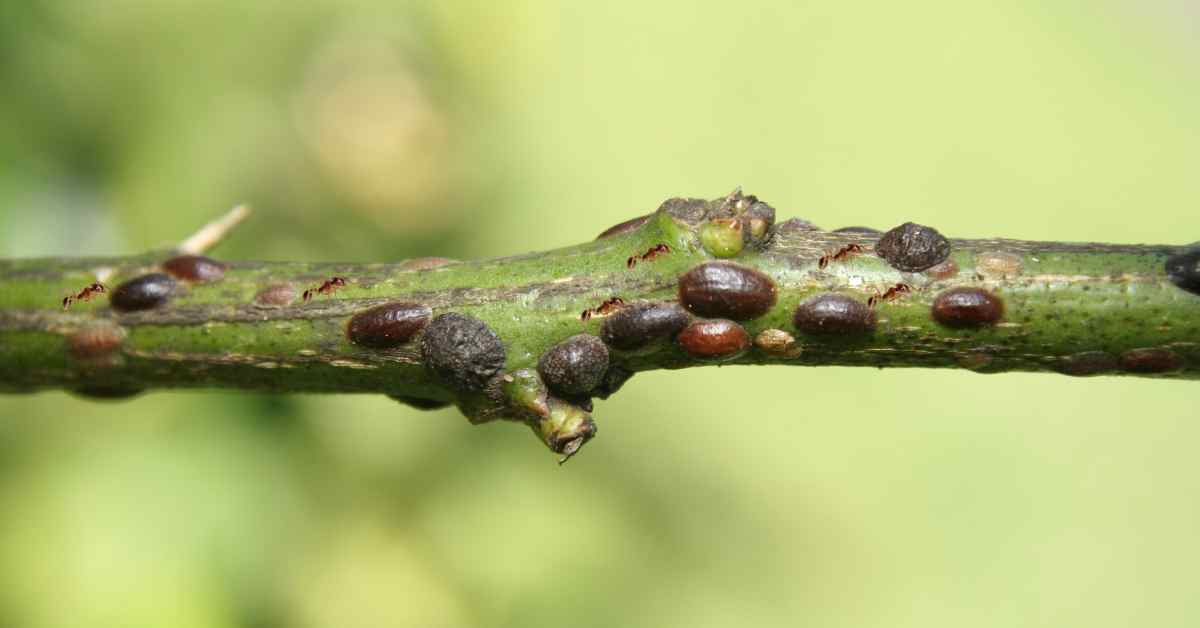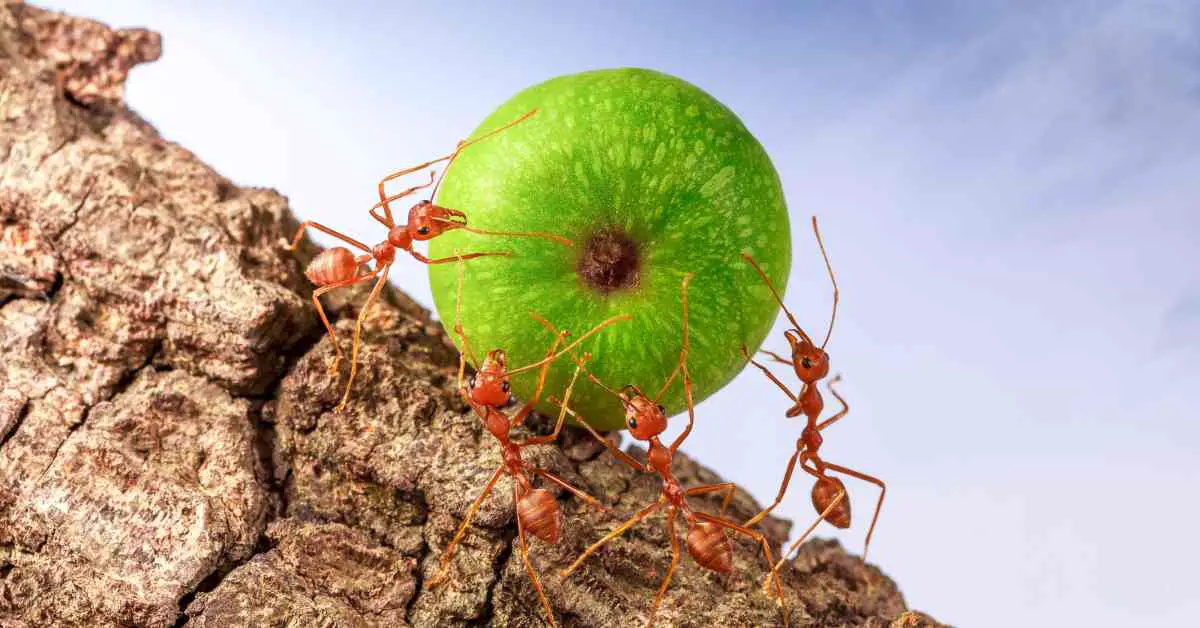Do Ants Eat Scale Insects?
Ants get attracted to garden pests and facilitate plant-damaging insects to grow, particularly when they need food from these little creatures. Do Ants Eat Scale Insects? Ants do not eat scale insects and build a mutualistic relationship by consuming honeydew and protecting them. Ants can be a sign of scale insects on a plant that … Read more





